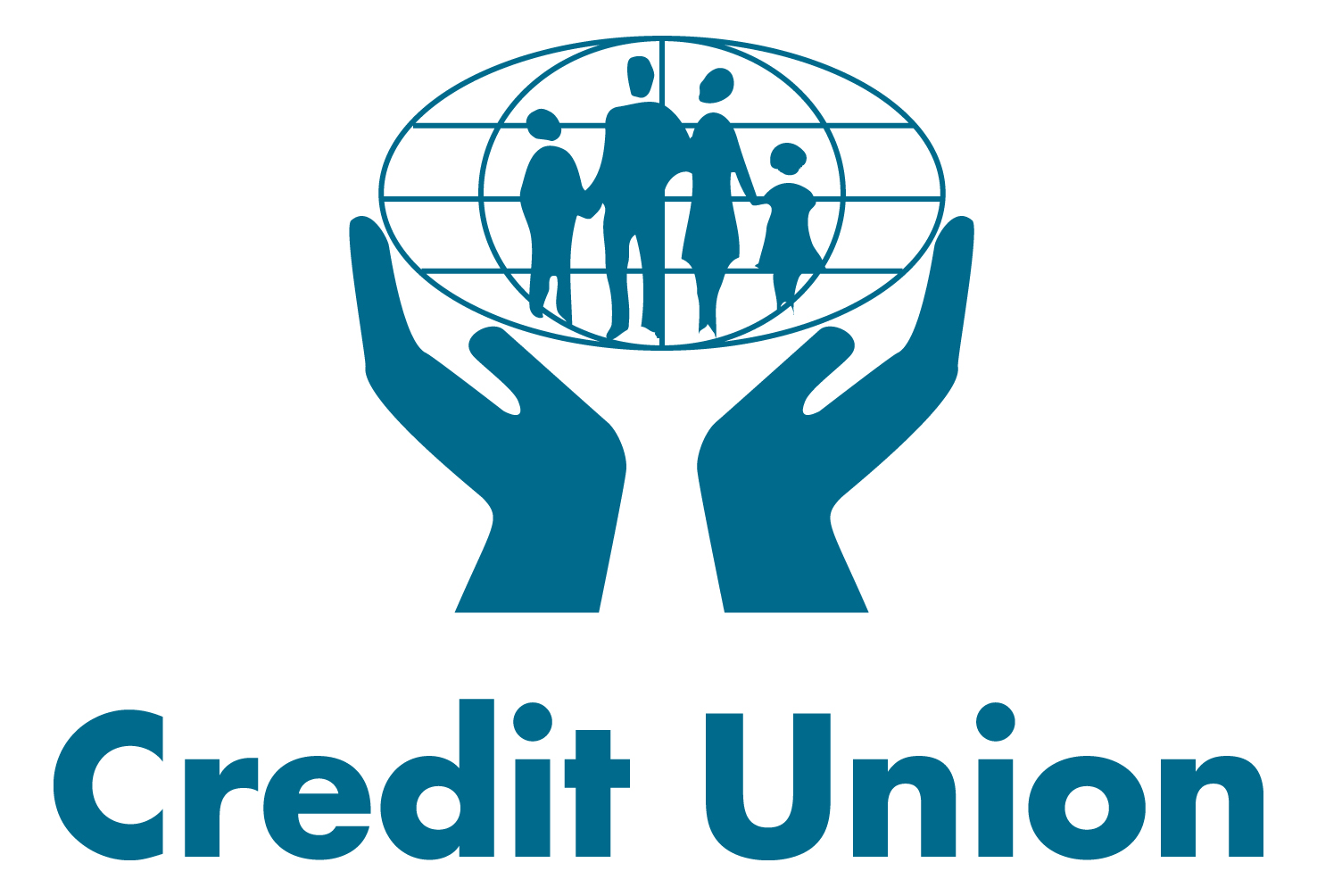
Credit unions have been around for many decades and continue to play a significant role in our community. These institutions are structured around the cultivation of good financial habits and require members to save for a set period before becoming eligible to borrow money. By offering lower rates on loans and low account fees, the cooperative principles at the foundation of the credit union movement are designed to help move the community towards financial freedom.
According to reports from local and regional credit union executives throughout the Eastern Caribbean, there are 48 credit unions that serve over 454,000 members, accounting for a 70 percent member penetration rate. In Antigua and Barbuda there are 7 credit unions that serve over 43,000 members.
SamuelFields Consulting Group (SFCG), a consortium of business and finance experts, has been highlighting various sectors of the financial services industry, to identify ways to close the financial literacy gap through education opportunities. As part of its Financial Literacy Month campaign throughout the month of April, SFCG’s digital show, Likkle Byte Ideas, focused on the community impact of credit unions. The guests on last week’s episode were Denise Garfield, General Manager of the Caribbean Confederation of Credit Unions (CCCU), as well as representatives from the Antigua and Barbuda Co-operative League Ltd., (ABCLL), Dorothea Blackman Brown, League Manager and Agnes Sealy-Jarvis, Training and Accounts Officer.
“When you open an account with a credit union, your money is invested back into the community through loans and other services. It helps families get a mortgage, finances a student’s education, or helps a farmer grow their business. We impact lives in the community by addressing social issues such as the eradication of poverty, education, housing, social services, and other issues that contribute to national development,” said Denise Garfield, General Manager of the CCCU. She also indicated that another advantage of credit unions is that loans usually include life insurance, so if the borrower dies their debt dies with them.
Another key area where credit unions have distinguished themselves from banks is through their lending programs. When members take out a loan, there is a savings compulsory aspect that goes towards shares, and this is built-in to the loan repayment plan. During the pandemic, this savings became a lifeline for many members, allowing them to access their shares to get well needed funds. Credit unions and banks also differ in their profit distribution. Rather than focusing on stockholder earnings, credit unions prioritize the financial well-being of their members so that any profits made are returned in the form of benefits, such as lower fees and lower loan rates.
“Members are at the heart of the credit union. Our structure is one of ownership and every member is a shareholder. The difference between credit unions and banks is that all members have a say at the Annual General Meeting. There is no weighting in the voting process, one member, one vote. Every member benefits from the payment of dividends,” said Dorothea Blackman Brown, League Manager at the ABCLL.
Blackman Brown explained that typically credit unions are formed because of a common goal. Whether as workers in a particular industry, or a local community of like-minded individuals working together to achieve financial or mission-oriented goals. Credit unions also demonstrate their commitment to financial literacy through training programs that address the needs of members at every age and stage or life.
According to ABCLL’s Training and Accounting Officer, Agnes Sealy-Jarvis, “Each credit union has its own unique financial education programs that educate members about the unique products and services that they offer. The ABCLL provides training in financial statements, customer service and other topics for employees, board members and volunteers. This helps to increase the financial capabilities of those who serve credit union members.”
As part of their mutual commitment to financial literacy, ABCLL is partnering with SFCG to celebrate Teach Children to Save Day, which is commemorated each year on April 27, as part of Financial Literacy Month. Although children become eligible to join a credit union at age 16, this initiative focuses on the importance of teaching children to be more financially literate, starting with the basics of saving money.
“Earning money, spending and saving are important lessons children learn early in life. Teaching children about financial responsibility will go a long way in preparing them for a solid financial future. Parents should teach children about financial matters so that they can avoid pitfalls that can be financially devastating. At SFCG we believe that financial education is critical to ensure that children head into adulthood with solid skills to make good financial decisions,” said Megan Samuel-Fields, CEO of SFCG.
The list of schools that will be included in this program: Hon. Charlesworth T. Samuel Primary School, Kids Unlimited, Sunnyside and St. Andrews.
Throughout Financial Literacy Month, SFCG has highlighted the role that banks, insurance companies and credit unions play in helping individuals, businesses, and communities assess their options within the financial services landscape. These discussions are featured on Likkle Byte Ideas which is live streamed via Facebook and YouTube, on Wednesdays at 5PM.
To listen to the last episode, click on: https://www.youtube.com/live/RvS_u-40QxU?feature=share
About SamuelFields Consulting Group (SFCG)
SFCG’s dedicated network of experts provides a wide range of professional services, including financial planning, accounting, auditing, financial education, management and marketing. They help clients make sound investing, saving, budgeting and lifestyle choices to achieve financial independence. They promote financial literacy for all and are committed to “turning learning into action.”
Advertise with the mоѕt vіѕіtеd nеwѕ ѕіtе іn Antigua!
We offer fully customizable and flexible digital marketing packages.
Contact us at [email protected]
















